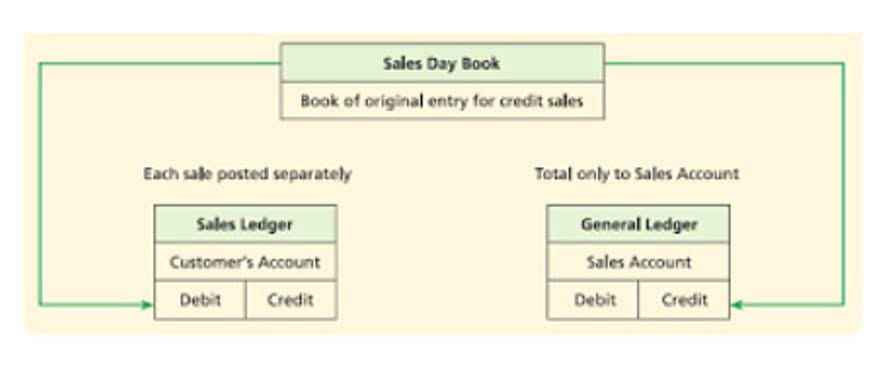Become an Enrolled Agent Internal Revenue Service


An audit of your business deductions, expenses and income is in order. A CPA’s main differentiator is the ability to attest an audit, which means it affirms to the IRS that financial statements are truthful, says Theodore Flynn, CEO and president of the Massachusetts Society of CPAs. To do that, a CPA will request bank statements and other proof, which limits the possibility of mistakes, Wachsler says. But make sure any professional you hire will guarantee their work on your returns, she adds. That means they agree to represent you later pro bono if there’s a problem with the return. CPAs can also be found in a variety of environments from large public accounting firms to local firms.
- After completing the courses, we recommend supplementing with our EA Exam Review for focused prep and practice tests.
- Check the SEE candidate information bulletin, answer sample exam questions, and use other references for the test preparation.
- One of the most effective ways to properly prepare for the EA exam is by enrolling in an enrolled agent review course.
- Above all, remember to maintain a positive attitude throughout the testing window.
- The fact that an EA may work in any state is one of the advantages of employing them to file taxes.
Please be aware, the privacy policy may differ on the third-party website. Adtalem Global Education is not responsible for the security, contents and accuracy of any information provided on the third-party website. Note that the website may still be a third-party website even the format is similar to the Becker.com website. Earning your Enrolled Agent designation opens the doors to wider career opportunities than you would otherwise have. In addition to opening your own tax firm or consultation company, you can also pursue government careers and may be highly sought after by businesses and corporations. Experienced tax preparers can try to test out of the Comprehensive Tax Course to save time and money within the CTP® program.
How do you become an enrolled agent? (updated Oct. 27,
Enrolled agents are America’s tax experts and hold the IRS’s highest credential. The demand for EAs is high and the future is bright, potentially lucrative, and highly flexible—and you can become an EA without a college degree. While EAs and CPAs can work in similar environments and industries, the EA career is more specialized and applies more to tax professionals as opposed to the accounting profession as a whole. The Enrolled Agent credential is a nationally recognized certification offered by the IRS for tax professionals. An enrolled agent is a tax professional who is given permission to represent taxpayers before the Internal Revenue Service. Being an enrolled agent offers competitive wages and job security that will constantly expand and be in demand.
In this year’s early decision cycle, Duke reported a record low acceptance rate of 12.9% after receiving over 1,000 more applicants than in any previous Early Decision round (a 28% increase in applicants from 2022). Ivy Day is swiftly approaching, and when it arrives, students across the country will receive their Ivy League admissions decisions. Anticipated to be on March 28th, Ivy Day marks the end of months of waiting. Many students are eager to know what they can expect from this cycle’s results. While we cannot be certain of what to expect from one cycle to the next, Early Action (EA) and Early Decision (ED) results can lend insight into the trends we may see in the regular decision round.
How confident are you in your long term financial plan?
11 Financial may only transact business in those states in which it is registered, or qualifies for an exemption or exclusion from registration requirements. 11 Financial’s website is limited to the dissemination of general information pertaining to its advisory services, together with access to additional investment-related information, becoming an ea publications, and links. Apply for the Special Enrollment Examination (SEE), administered by a third-party contractor. It consists of three parts and tests knowledge of taxes, tax law, and ethics. With the introduction of income tax, EA’s responsibilities extended to include tax preparation and addressing taxpayer problems with the IRS.
- The candidate has until Feb. 15, 2025 to pass all other parts of the examination or will lose credit for Part 2.
- Former employees of the IRS with five years of experience can become enrolled agents without completing the Special Enrollment Examination.
- So on average, EAs make about $50,000 after 10 years of experience (it depends on location).
- EAs and CPAs are both knowledgeable, experienced professionals who are required to maintain high ethical standards.
- While EAs and CPAs must prepare tax returns, CPAs are also required to do audits and review the financial statements of corporations.
- The Special Enrollment Examination, or Enrolled Agent Exam, consists of three examinations.

Leave a Reply